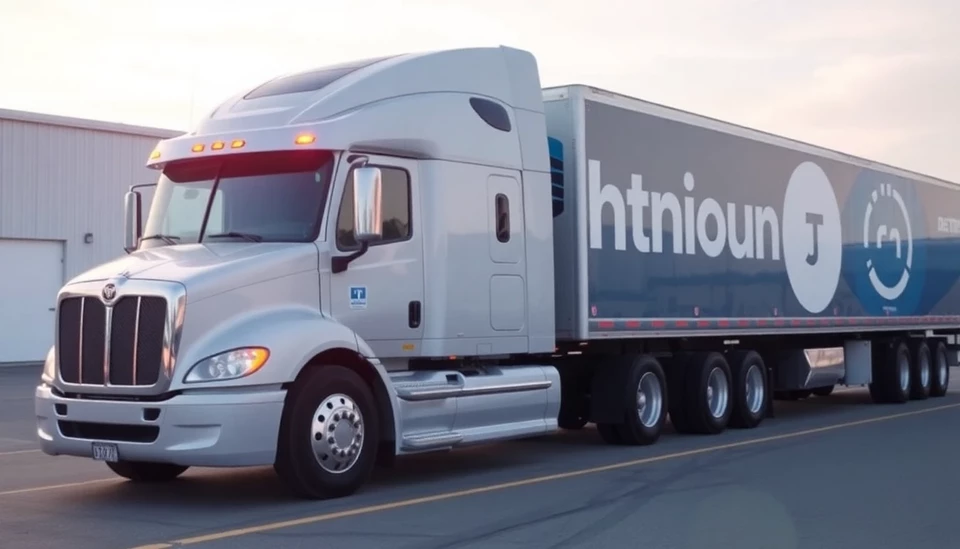
The hydrogen trucking sector is facing a series of financial setbacks, with several companies unable to sustain operations amidst a challenging economic landscape and faltering demand. The aspiration to create a cleaner transportation industry relies heavily on advances in hydrogen fuel technology, but recent market conditions have raised serious concerns about the viability of this approach.
With high expectations for hydrogen as a sustainable fuel alternative, investors once flocked to startups aiming to build hydrogen-powered trucks. However, the reality has been quite different as these companies confront rising operational costs, inadequate infrastructure for refueling, and a lack of market readiness for hydrogen vehicles. As a result, these challenges are leading to a wave of bankruptcies within the sector.
Reports highlight that several startups that previously secured substantial funding are now struggling to meet their financial obligations. Industry experts suggest that the ambitious timelines set for the rollout of hydrogen fleets were overly optimistic, especially given the current slow pace of technological advancement and the limited choices available in the marketplace.
In addition to the financial hardships faced by these companies, the broader hydrogen economy has also been affected. Major players in the logistics industry report that concerns about the reliability and availability of hydrogen refueling stations have stalled plans to incorporate hydrogen trucks into their fleets. The lack of a supportive infrastructure is proving to be a significant barrier to adoption.
Moreover, traditional diesel trucking remains the dominant player in the market, offering proven performance and stability that hydrogen trucks have yet to deliver. This ongoing reliance on diesel, paired with fluctuating commodity prices, is persuading logistics companies to delay investments in hydrogen technology, exacerbating the plight of the struggling sector.
The road ahead for hydrogen trucking companies looks increasingly bleak without a substantial shift in federal support and private investments aimed at developing both the vehicles and the necessary refueling infrastructure. Advocates for hydrogen technology continue to stress the importance of long-term planning and investment, arguing that with the right strategies in place, the industry's potential is still significant. However, immediate adaptations are essential for survival as more companies succumb to financial pressures.
As the hydrogen truck industry reevaluates its strategies, many are left questioning whether the dream of a green transport revolution through hydrogen power can still come to fruition, or if it remains just that—a dream.
Industry insiders are calling for a renewed focus on innovation and practical solutions that can bridge the gap between current capabilities and future ambitions. Until a firmer foundation is laid, the hydrogen trucking dream may remain on shaky ground.
As this situation evolves, stakeholders across the board are watching closely, anticipating possible regulatory changes and shifts in the market that could either bolster or further hinder the hydrogen trucking initiatives.
In summary, while the prospects of a hydrogen-powered trucking fleet carry significant environmental promise, the realities of the current market are forcing many companies to reassess their operations, leading to an unsettling landscape in the industry.
#HydrogenTrucking #SustainableTransport #GreenLogistics #FuelCellTechnology #TruckingNews #RenewableEnergy #HydrogenEconomy
Author: Victoria Adams




